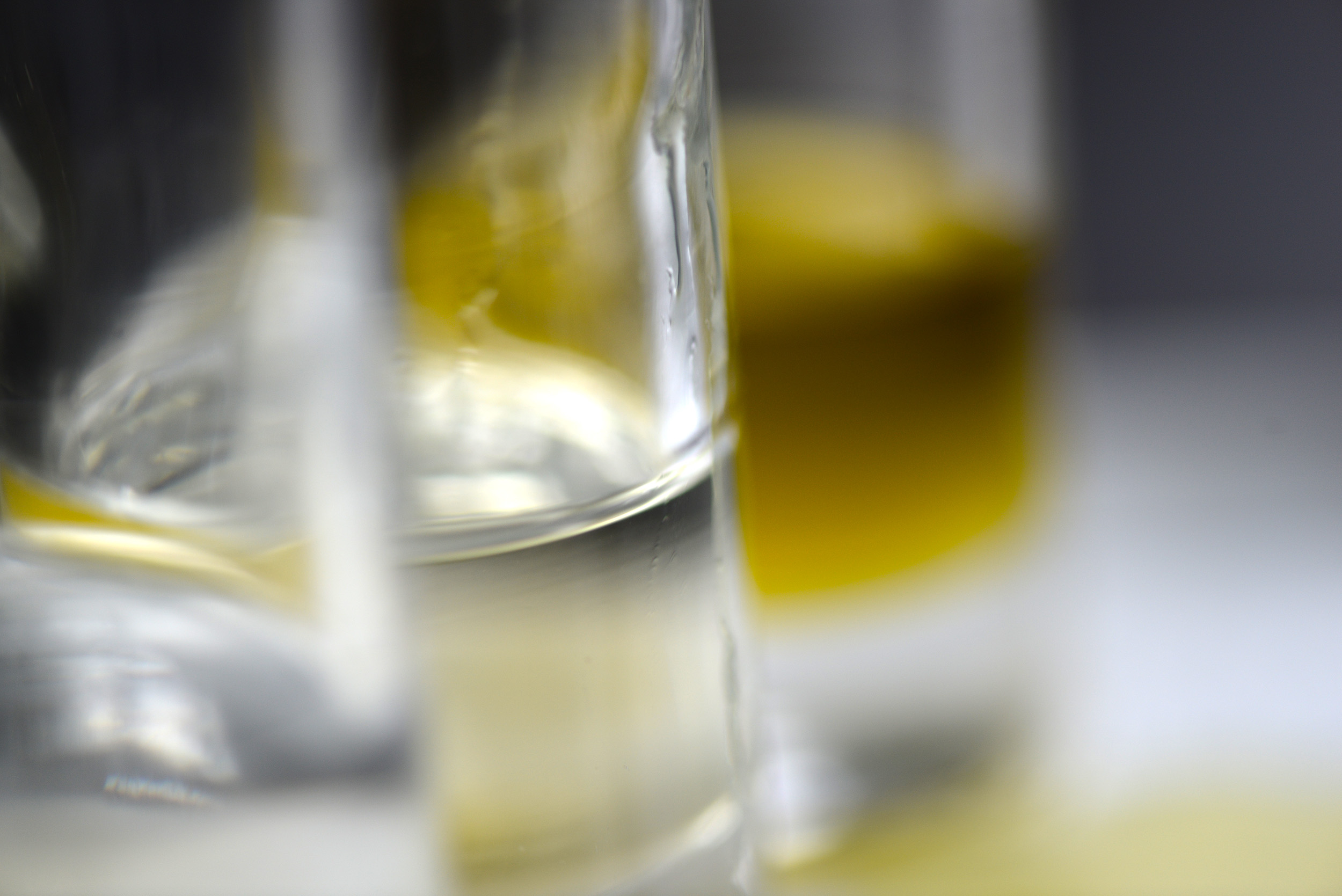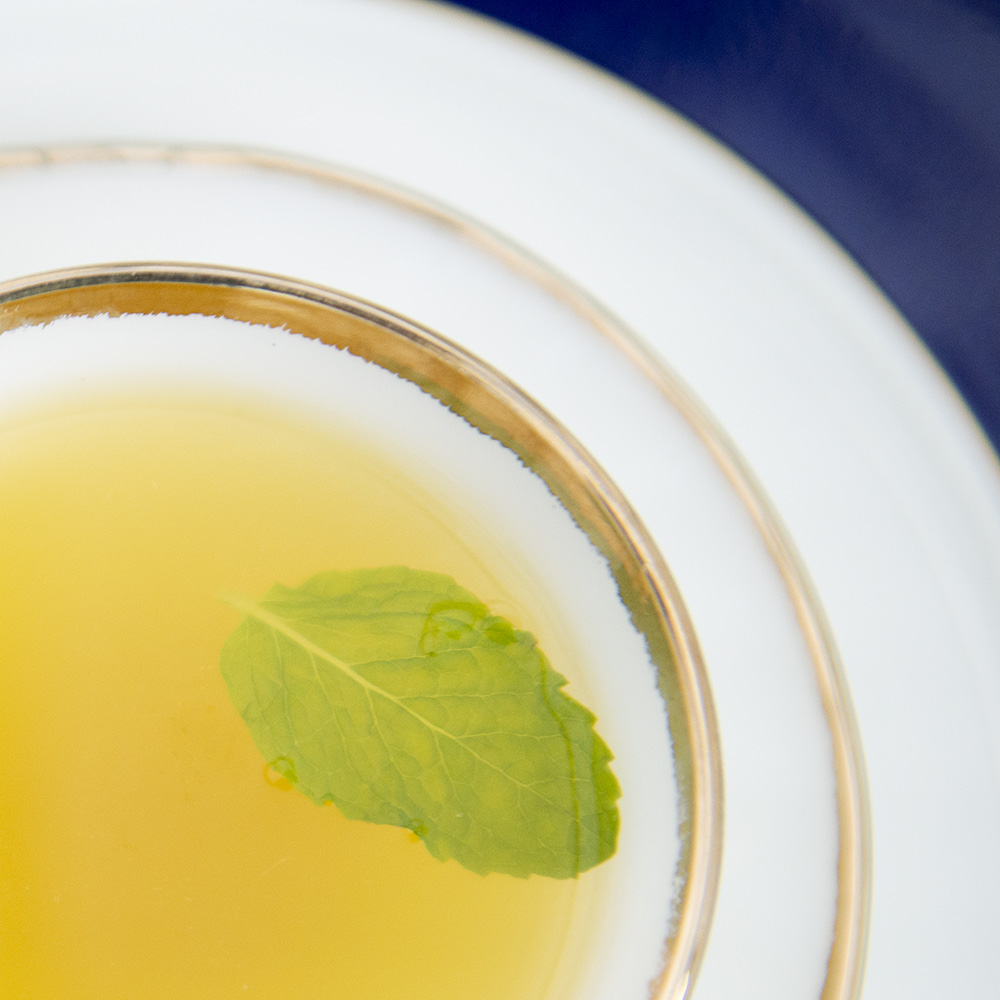The role of the liver in digestion
The Liver and Cholesterol

The liver is the largest solid organ inside the body and plays a very important role in the process of digestion by physically regulating it and ensuring release of post digestive nutrients into the system.
The liver is the largest gland in the body and therefore has many important roles that are not related to digestion including the creation of proteins and blood clotting factors.
How the liver works with the other organs for digestion
The majority of the blood flow to the liver comes from the portal vein. This situation is somewhat unique as that most organs receive their blood supply from an artery. The reason for this is that the digested nutrients from the small intestine and most of the colon drain directly into veins which connect into the portal vein. Therefore nutrients as well as the breakdown products of digestion that need to be filtered flow to the liver as a first stop before going to the rest of the organs.
The liver plays an important role in the digestion and processing of proteins, fat and sugar. The liver helps create some of the building blocks of proteins needed for the body known as amino acids. The liver plays an important role in fat digestion as well as the production of fats needed for the function of different organs of the body.
Simple sugars are created in the liver by breaking down both proteins as well as more complex sugars known as glycogen. The liver can also convert simple sugar into glycogen which is better for storage. In this way the liver acts as an energy center for the body. It controls the balance of simple and complex sugar storage and releases sugar stores when needed for energy.
The liver and bile
Producing bile and detoxification are the important digestion-related roles that the liver plays.
Bile is a bitter-to-taste fluid that is produced in the liver. It ranges in color from yellowish-green to dark brown. It is composed of water, bile salts, bilirubin cholesterol, and inorganic salts. Bile plays an important role in the digestion and absorption of lipids and also fat-soluble vitamins A, D, E, and K. Waste products such as bilirubin are eliminated from the body via bile. Bilirubin is produced during the recycling of red blood cells in the liver. Bile also serves as a carrier for cholesterol to be excreted. Bile is alkaline in nature and it neutralizes excessive stomach acids before the food enters the ileum. Bile is antibacterial in nature and kills bacteria that may be present in food.
After being produced in the liver the bile juice is either released into the duodenum or it travels to the gallbladder for storage. Bile travels to the gallbladder during the fasting stage and during storage it gets concentrated to up to five times its original potency. The secretion and flow of bile is controlled by the hormones cholecystokinin and secretin.
Although the gallbladder may need to be surgically removed, in an operation known as cholecystectomy, the liver continues to produce bile in a normal fashion and therefore only minimal to zero side-effects are the norm.
The liver to detoxify
The liver is also a major organ for detoxification along with the kidneys. It breaks down and removes matter that is generated during nutrient metabolism and that enters the body in the form of medicine, cigarette smoke, environmental toxins, etc.
The Liver as a filter

The liver also serves as a natural filter which helps breakdown ammonia, one of the byproducts of the digestion of proteins. The liver also helps with the breakdown of old red blood cells.


